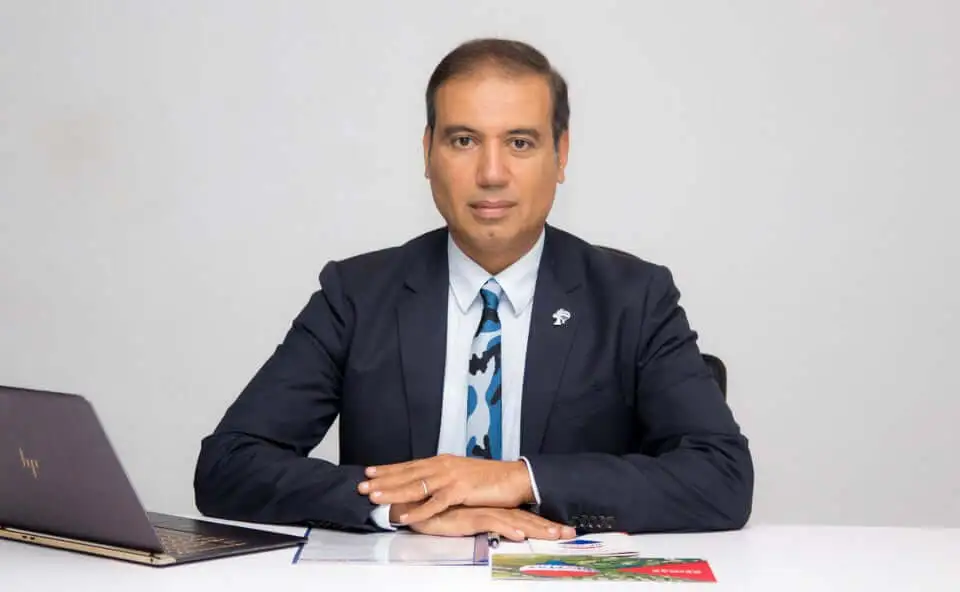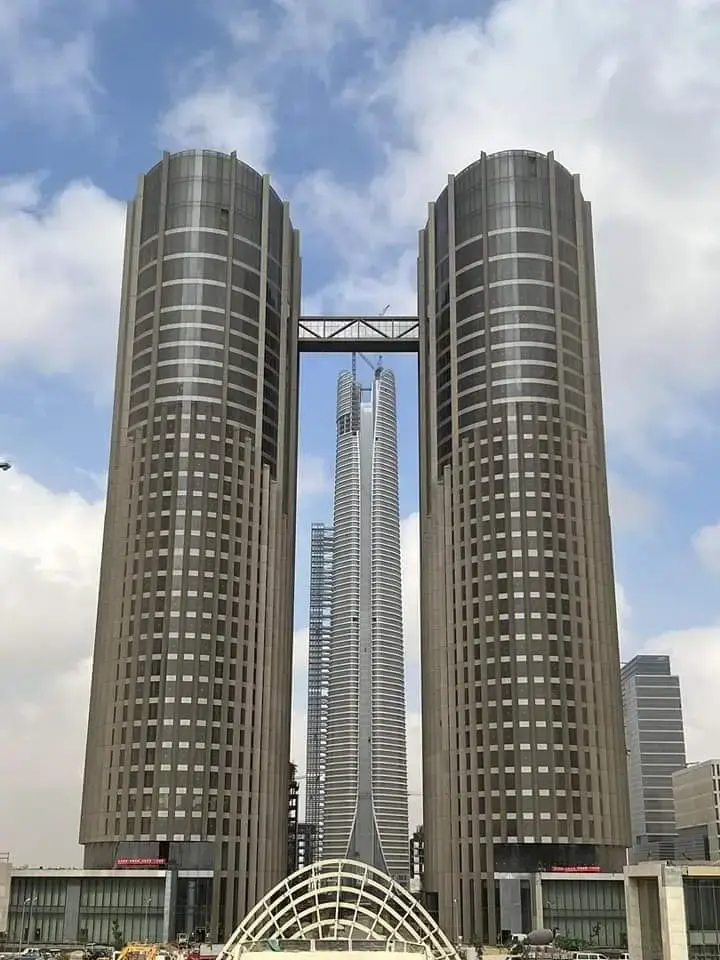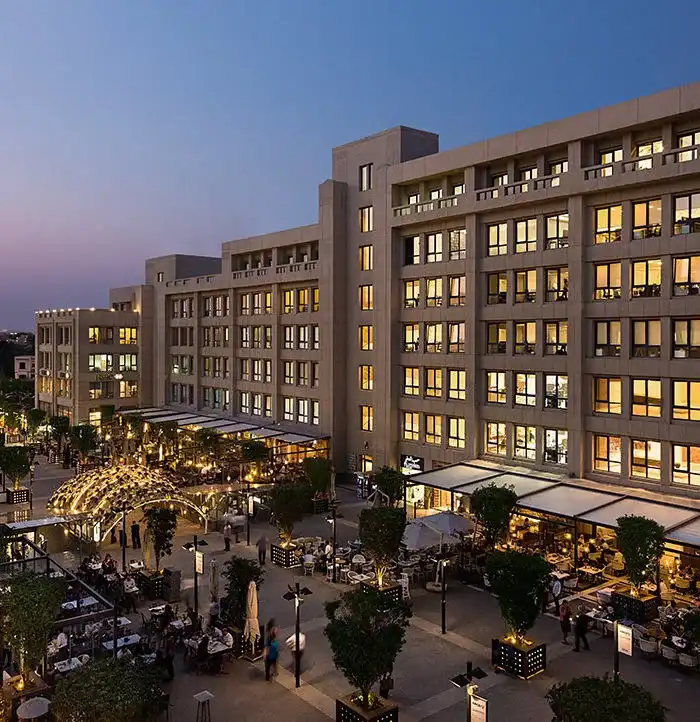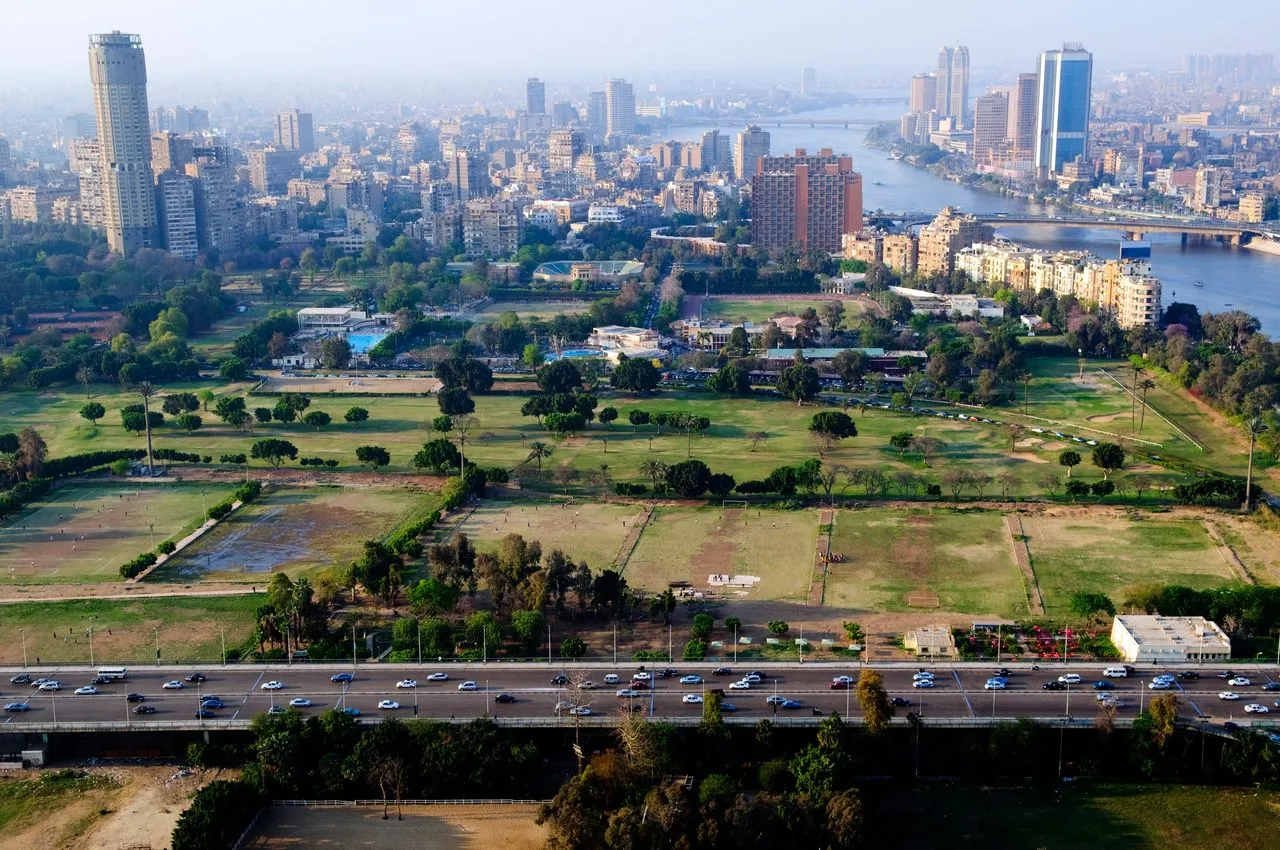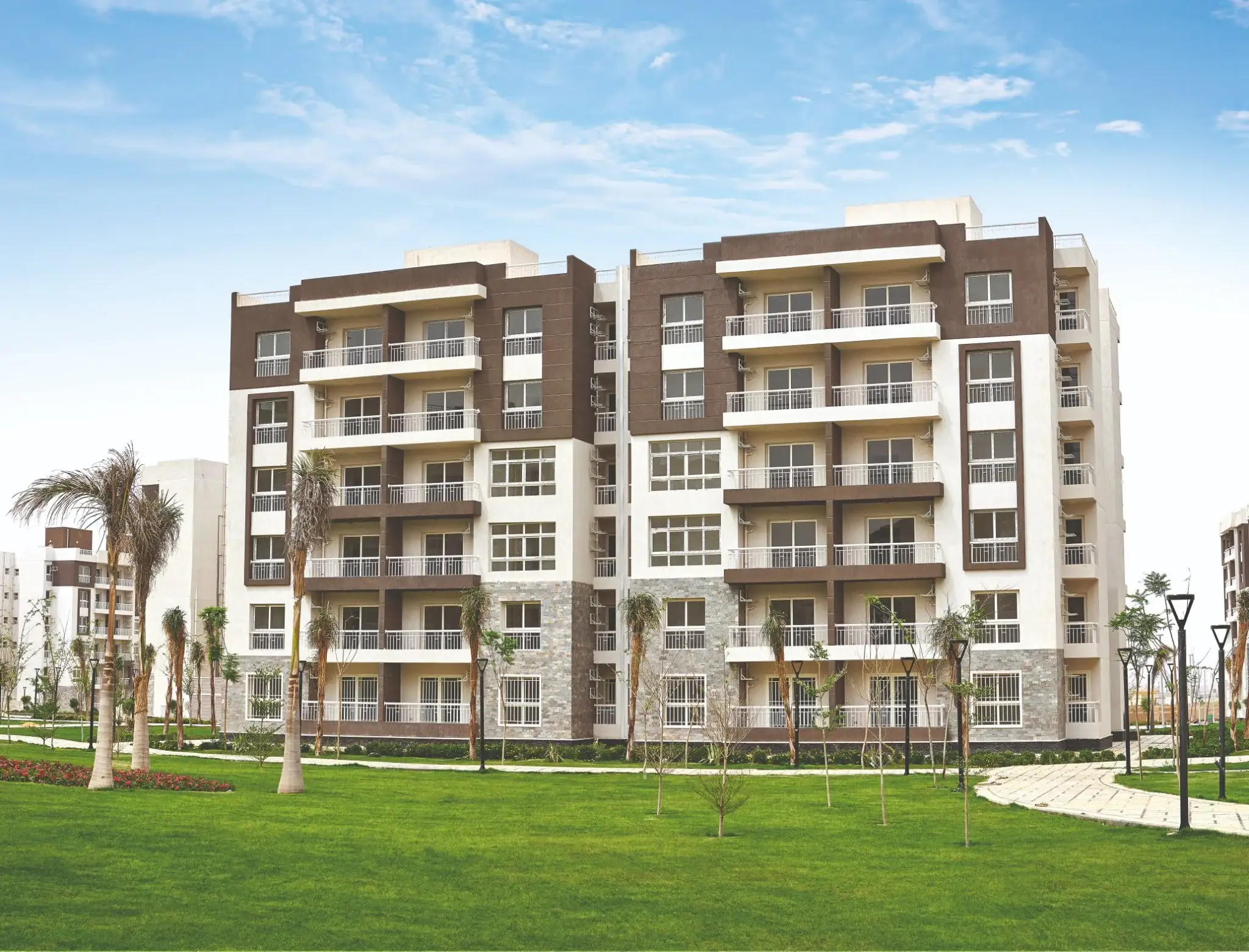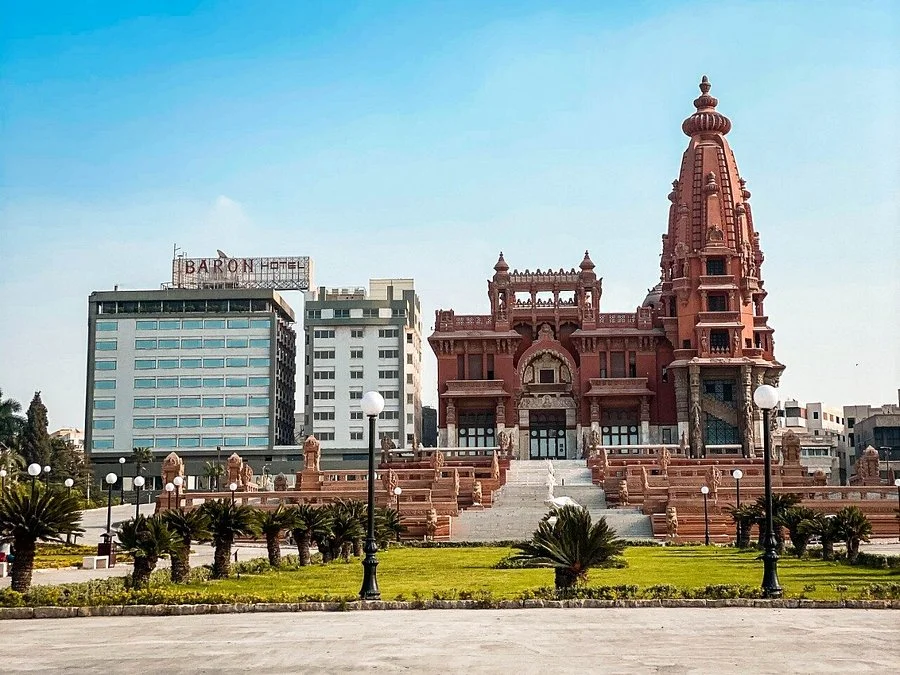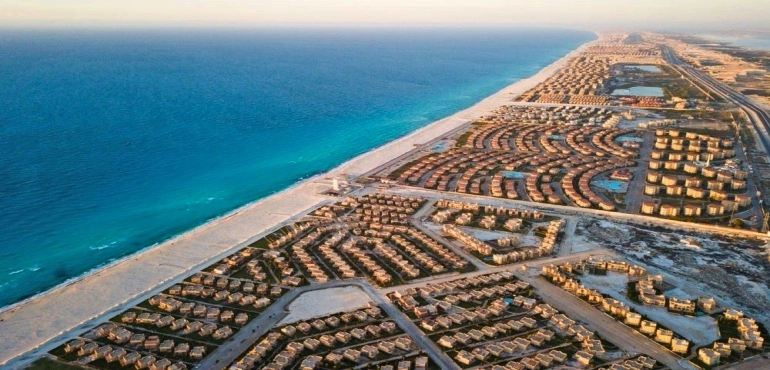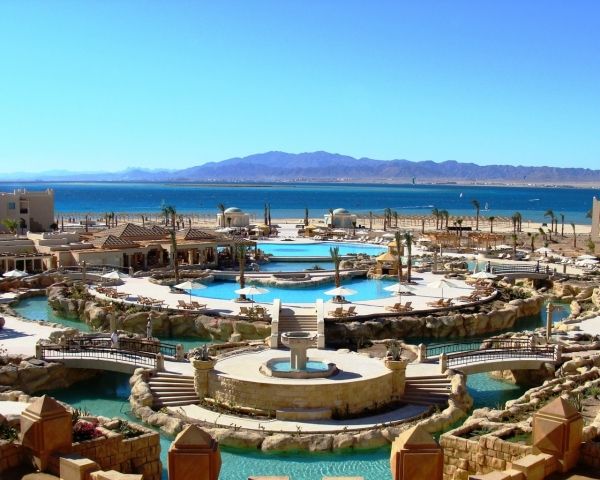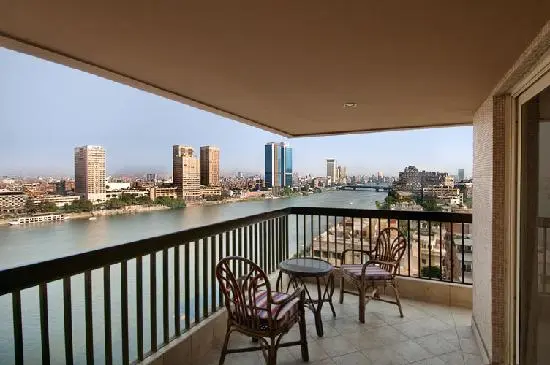Income Properties and Investment Real Estate for Sale & Rent , Egypt
Results
Hot Spots
Feb 16
Seen: 342
Listing ID : 6710
Ground Floor
Feb 16
Seen: 506
Listing ID : 5875
Feb 16
Seen: 3589
Listing ID : 5102
Feb 16
Seen: 4154
Listing ID : 3260
1st
Feb 16
Seen: 2433
Listing ID : 3259
1st
Feb 16
Seen: 4199
Listing ID : 3258
Feb 16
Seen: 5323
Listing ID : 3236
Ground Floor
20
Feb 16
Seen: 5690
Listing ID : 3056
1st
Feb 16
Seen: 2529
Listing ID : 3016
Feb 16
Seen: 6967
Listing ID : 2147
Hospital
Feb 16
Seen: 5852
Listing ID : 1295
Feb 16
Seen: 6351
Listing ID : 1264
Popular Searches
Income Properties and Investment Real Estate for Sale & Rent
This section features the finest collection of income-generating properties and yield properties with monthly or annual returns, whether residential units, commercial real estate, or investment properties in Egypt's most important areas. Through this page, you can explore income-producing assets that deliver continuous rental yields, and compare available opportunities according to property type, location, and required investment value.
We help you choose the right operational property, whether you're looking for rental income properties that rely on stable passive income, or a capital growth opportunity with good rental yield at the same time. Every unit featured in this section is designed to be a self-sustaining property through rents that cover its operating expenses and generate cash surplus you can build on in the future.
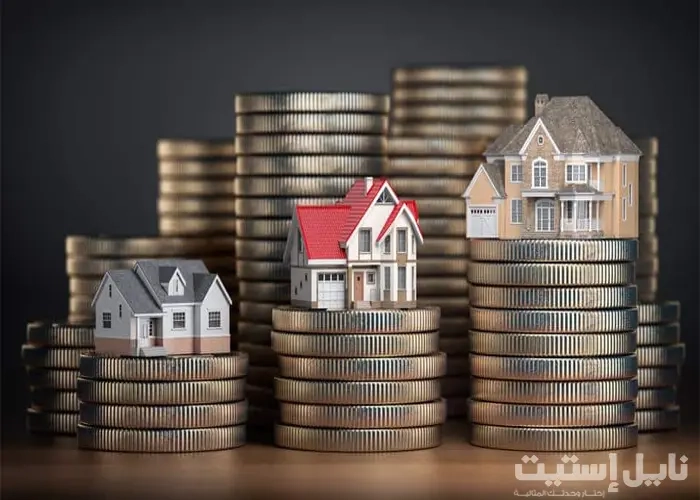
What are Income-Generating Properties and Yield Properties?
Income-generating properties are any real estate units – residential, commercial, administrative, or medical – purchased primarily to achieve periodic rental income, not merely for personal use.
Yield properties follow the same concept but with greater focus on profitability and measuring returns as a percentage of investment value, whether the return comes from rent alone or from rent combined with price appreciation over time.
These units are classified as income-producing assets because they generate regular cash flows that can be relied upon as a near-stable income source.
In many cases, the goal is to reach a stage where the property becomes a self-sustaining property entirely, through rent that covers the bank installment, maintenance, and taxes, leaving the investor with a net portion of passive income without significant daily effort.
Types of Investment Properties and Income-Producing Assets
Commercial Real Estate and Rental Income Properties
Commercial real estate such as shops, offices, and clinics are among the strongest forms of income-generating investment properties, as they rely on long-term lease contracts with existing businesses.
This type is often classified as rental income properties because they focus on collecting rent periodically, with minimal operational intervention from the owner.
In many commercial projects, units are designed from the beginning as operational properties with mandatory lease contracts with a brand or operator, ensuring the investor a specific annual return from day one, with the possibility of increasing the return at agreed annual rates.
This model is common in commercial units with operational yields in malls and modern commercial and administrative complexes.
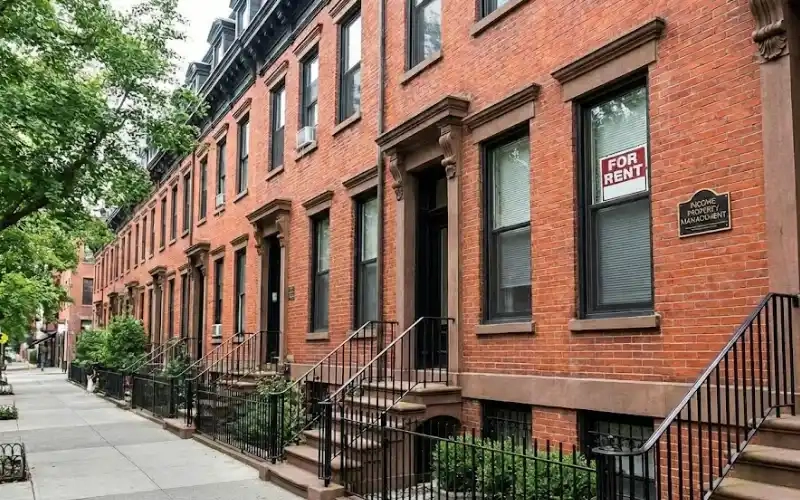
Types of Income-Generating Properties in Detail
1. Residential Apartments: Simple Entry to Yield Properties
Residential apartments are the simplest form of income-generating properties, suitable for those entering the investment world for the first time.
The apartment can be rented on a long-term contract to a family or employee, or furnished with higher returns in vital areas, turning the apartment into a self-sustaining property by covering all its expenses from rent.
Some investors prefer converting their apartments to commercial apartments for rent in mixed-use areas, such as main streets or around malls, where they can be used as offices, clinics, or small showrooms.
This type may achieve higher rental yields than traditional residential use, while maintaining flexibility for resale as an apartment.
2. Townhouses, Duplexes, and Small Villas as Rental Income Properties
Townhouses, duplexes, and small villas combine luxury living capability with being yield properties through long-term leasing.
These units suit a specific category of tenants (such as large families or expatriates), achieving good returns with the possibility of rising market value in the long term.
Some investors prefer renting these units furnished or as serviced apartments, converting them to income-producing assets with passive income higher than traditional rent, especially in compounds near universities or tourist areas.
3. Independent Properties (Villas and Detached Houses)
Large villas and detached houses are among the highest entry-cost investment properties, but they're also capable of creating a mix between rental yield and capital growth.
They can be used as hotel accommodation, guesthouses, or company headquarters, making them rental income properties if managed professionally.
This type eventually transforms into a true operational property, especially when operated as an income-generating activity (such as event venues, guesthouses, or company headquarters), relying on a management team and achieving returns higher than traditional rent.
4. Commercial and Administrative Real Estate: The Heart of Income-Generating Properties
Retail Shops for Sale and Retail Shops for Sale in New Administrative Capital
Retail shops for sale are among the most in-demand forms of commercial real estate in the market, especially in malls and main streets.
These units offer a clear model for yield properties through high monthly rent, especially if the shop is in a vital location or within a well-known project.
In modern projects, a category of retail shops for sale in New Administrative Capital has emerged, designed entirely as income-producing assets, with mandatory lease contracts with specific brands or operators.
These shops are often marketed as units with guaranteed passive income for a certain period, such as 5, 7, or 10 years, with annual rent increases.
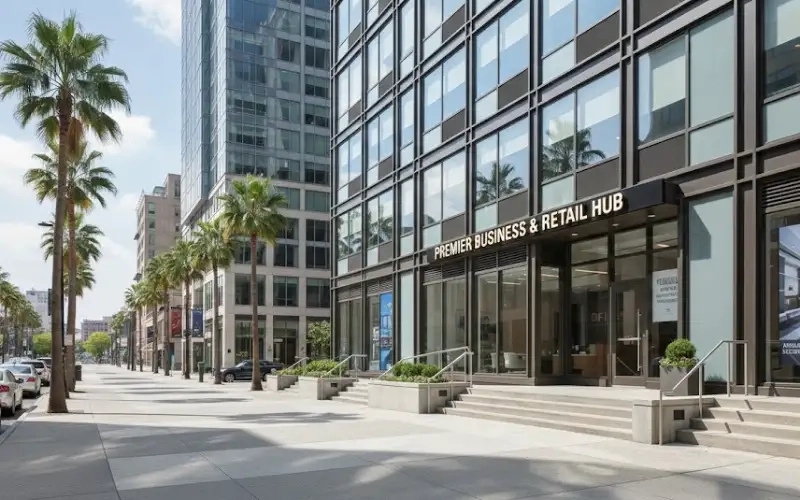
Commercial Property for Sale and Commercial Real Estate for Sale and Rent
The term commercial property for sale includes shops, offices, and clinics, and may extend to warehouses or small storage facilities.
These units can be purchased as commercial real estate for sale then re-leased to convert them into stable income-generating properties.
In some cases, the market needs ready units as commercial real estate for rent more than for sale, creating an opportunity for those who buy a unit then offer it directly for rent on a long-term contract, converting frozen capital into continuous rental yield.
Commercial Project for Sale and Commercial Complex for Rent
Some investment opportunities come in the form of a complete commercial project for sale, such as a small mall, administrative building, or commercial complex for rent consisting of several units.
This type of investment is considered among the highest levels of operational property; because it requires integrated management of the building, units, and tenants, but in return creates large income-producing assets that companies and families can rely on as rental income properties for long decades.
Investment Building for Sale
Another strong model is an investment building for sale consisting of several apartments and various commercial units.
The entire building can be rented and converted into a self-sustaining property that even generates significant surplus passive income monthly, with the possibility of dividing it among heirs or partners as a continuous income source.
Commercial Unit with Operational Yield: Advanced Model for Yield Properties
A special category called commercial unit with operational yield has emerged in the Egyptian market in recent years, which is a unit sold to an investor with an operator who manages and operates it completely.
In this model, the owner receives a fixed or variable rental yield according to a percentage of revenues, without intervening in daily management, making it an ideal model for both income-producing assets and operational property.
In many of these units, mandatory lease contracts are signed for a specific period (such as 5 or 10 years), with the right to renew or periodically review the return.
This significantly reduces vacancy risks, converting the investment into near-guaranteed passive income, especially if the operator is a strong brand or well-known chain.
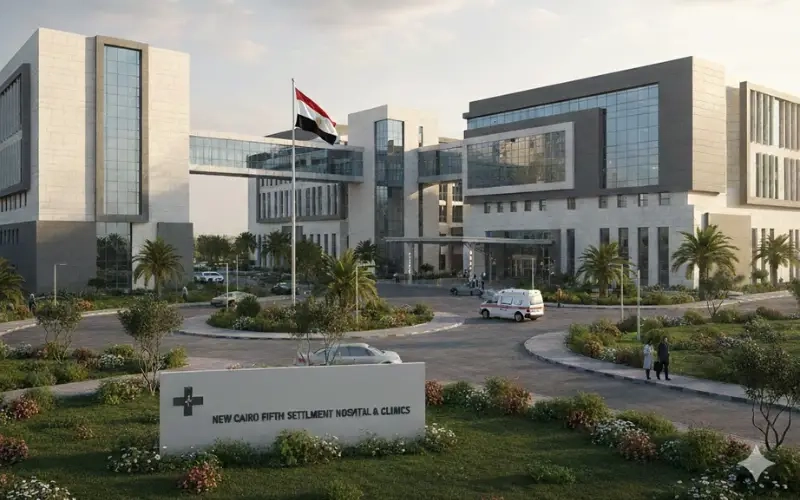
Rental and Management Mechanism: Lease Delegation as a Practical Solution
One of the common tools in managing income-generating properties is having a lease delegation system between the owner and a management company or professional real estate broker.
This delegation allows the broker to market, contract, and collect rent on behalf of the owner, for a specific percentage of the rent value or fixed amount.
The lease delegation system is widely used in:
- Furnished units
- Serviced apartments
- Administrative offices
- Commercial units inside malls
This way, the property becomes almost a self-sustaining property, because the investor doesn't deal with daily details of following up with tenants or collecting rent, and is content to receive the agreed net return, making the investment as close as possible to true passive income.
Tips Before Buying Income-Generating Properties or Yield Properties
- Focus on net rental yield, not just gross.
- Ask about average vacancy periods in the area or project.
- Check for the existence or possibility of lease delegation with a reliable management company.
- In case of retail shops for sale in New Administrative Capital or new projects, carefully review mandatory lease terms and operational yield.
- Don't rely on income alone; also evaluate opportunities for capital appreciation of the property in the medium and long term.
- Ensure the property is always marketable; meaning it can be easily rented if you change the tenant category or activity.
Frequently Asked Questions About Income-Generating Properties and Yield Properties
What's the difference between income-generating properties and yield properties?
In practical use, the two terms are very close; but income-generating properties can be considered a general description of any property that generates rental income, while yield properties are used more when discussing the percentage return and comparing different opportunities.
What are the most important types of commercial real estate suitable for passive income?
Most notably: retail shops for sale, units in commercial complex for rent, offices and clinics in administrative buildings, and sometimes a complete commercial project for sale if you're capable of managing an integrated operational property.
Do income-producing assets rely only on rental yield?
Income-producing assets focus on rental yield as the primary income, but the best deals combine good rental income with reasonable capital growth in property value over time.
When should I choose pure rental income properties?
If your primary goal is regular passive income, and you're not very concerned with speculation or resale in the short term, choosing rental income properties with fixed and long lease contracts is more suitable, especially if you have other income sources to cover market emergencies.
What's the benefit of lease delegation?
Lease delegation allows you to treat your real estate investment as a truly self-sustaining property; because another party handles advertising, contracting, and collection on your behalf, while you're content to receive the agreed net return.



